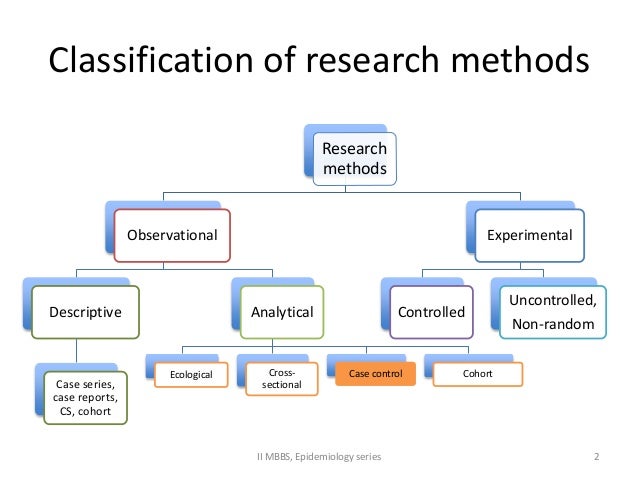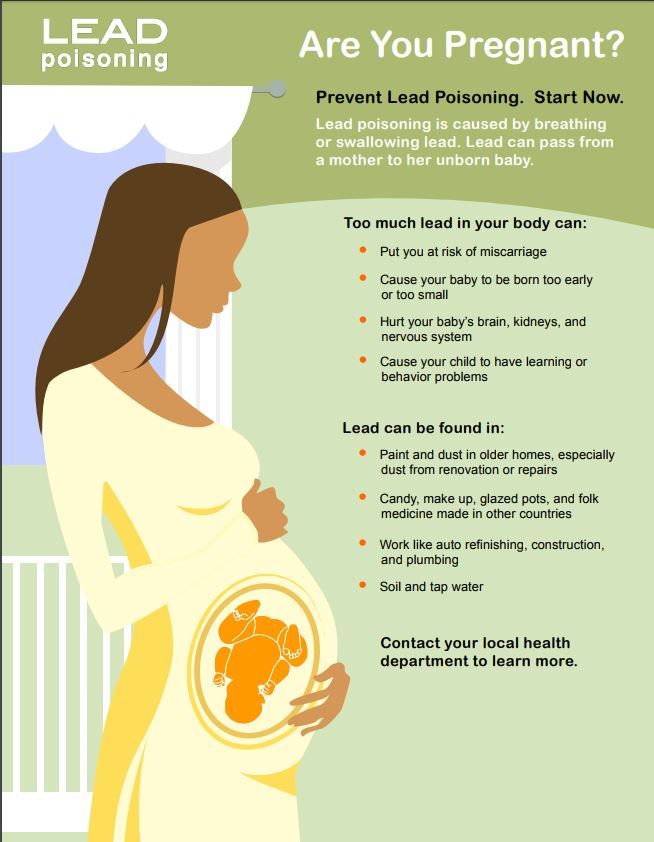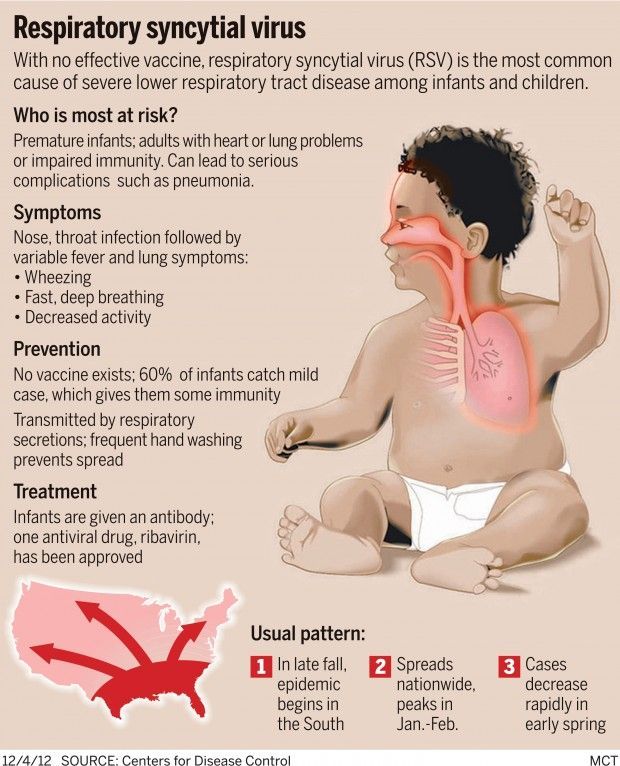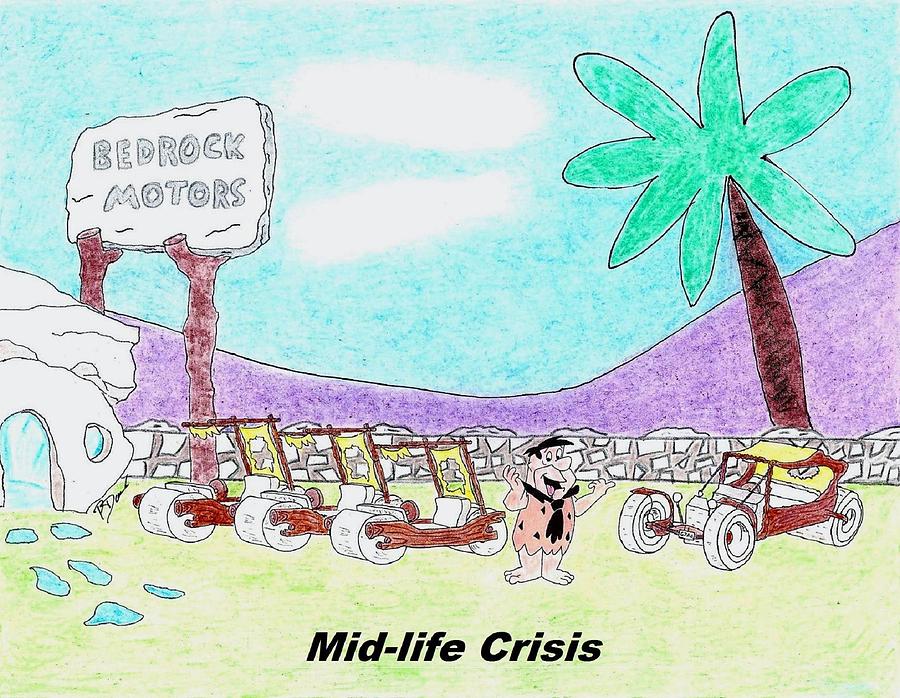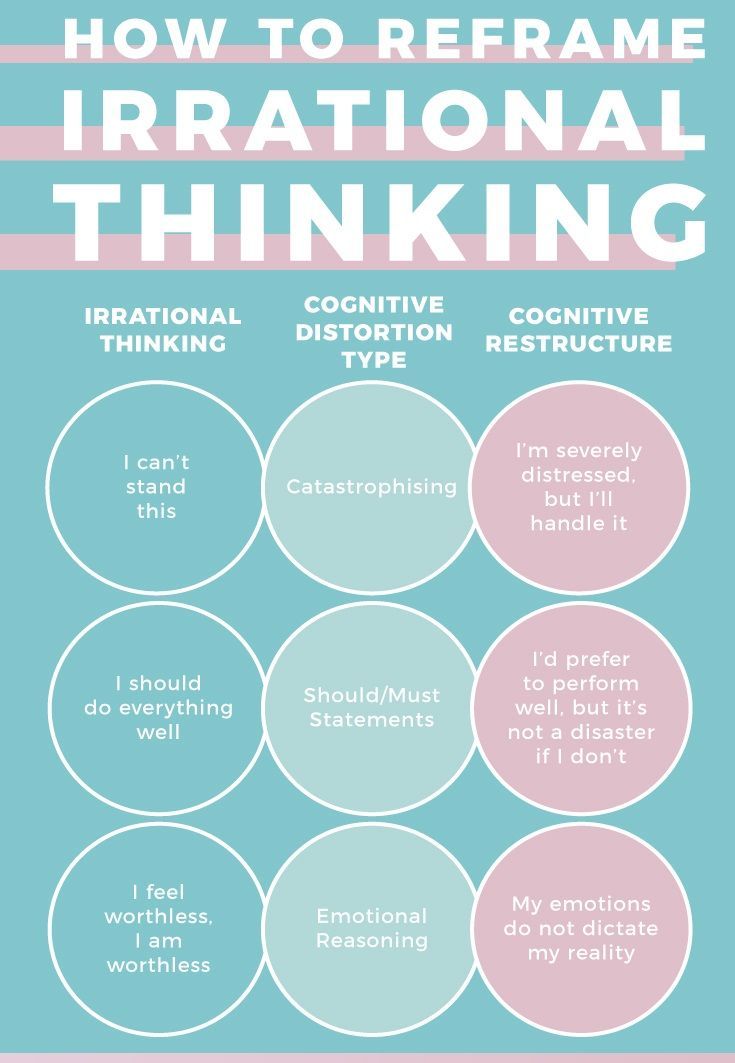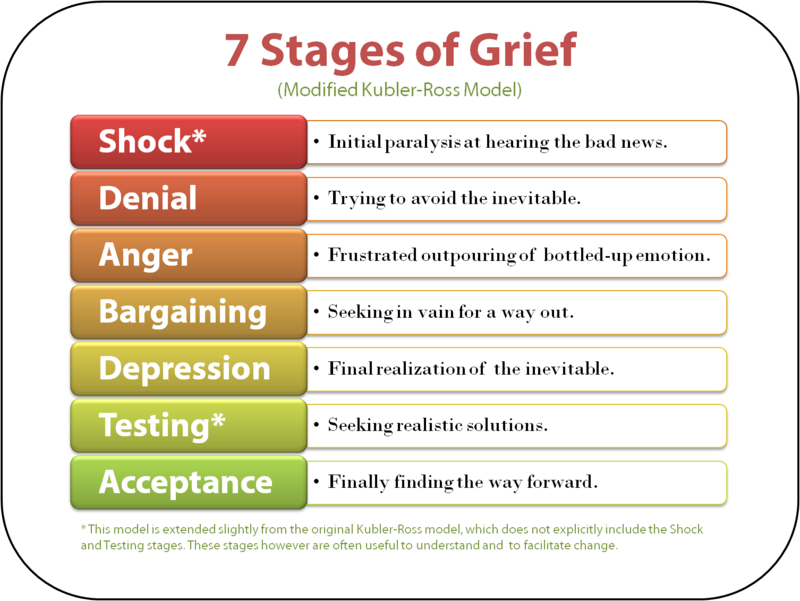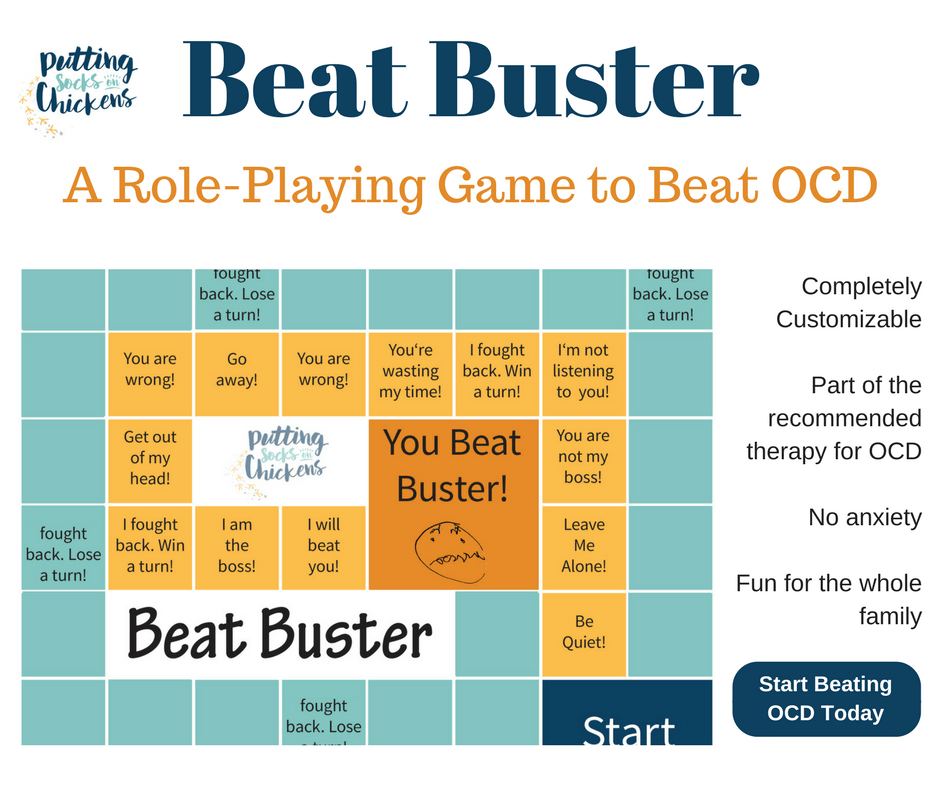What is the best antidepressant for me
What's the best antidepressant for me?
There are dozens of options. This guide can help you determine which might be the best for your needs.
Types of antidepressants | Compare common antidepressants | Most effective antidepressant | Discontinuation syndrome | Side effects | Newest antidepressant | How to find the best antidepressant | Safety tips
The National Institute of Mental Health estimates that in 2019, about 19 million people—or 7.8% of the U.S. population—experienced at least one major depressive episode. There are several types of depression, but major depressive disorder is one of the most common.
A major depressive episode is defined as having persistent feelings of sadness, loss of interest in usual activities, changes to appetite and sleep patterns, loss of energy, difficulty concentrating, and suicidal ideation for at least two weeks, per the American Psychiatric Association.
Despite the fact that so many adults, across all age groups, live with depression each year, there are still many hurdles to receiving proper treatment. One is finding the right antidepressant medication to treat your individualized symptoms: with seven classes of antidepressants and roughly two dozen common medications available, identifying the right drug for you can seem as hard as finding a needle in a haystack.
Thankfully, there are ways to narrow down your options with your healthcare provider to make the search less intimidating. Here are some strategies for honing in on the best antidepressant to meet your needs.
RELATED: Depression statistics
Types of antidepressants
When you hear the word antidepressant, your mind might immediately jump to drugs like Prozac and Zoloft. That makes sense; those drugs are selective serotonin reuptake inhibitors (SSRIs) and are some of the most commonly prescribed antidepressants in the U.S.
But SSRIs aren’t the only type of antidepressant out there—and not everyone with depression needs to increase their levels of serotonin, a neurotransmitter (a.k. a chemical messenger) responsible for feelings of well-being.
a chemical messenger) responsible for feelings of well-being.
“Antidepressants target the neurotransmitters in your brain, increasing or decreasing activity in the brain circuits related to mood regulation,” says adult and geriatric psychiatrist David A. Merrill, MD, Ph.D., director of the Pacific Neuroscience Institute’s Pacific Brain Health Center at Providence Saint John’s Health Center in California.
The neurotransmitters most commonly affected by antidepressants include serotonin, norepinephrine, and dopamine; different classes of antidepressants work on these different neurotransmitter systems.
There are seven types of antidepressants:
- Selective serotonin reuptake inhibitors (SSRIs), including Prozac (fluoxetine), Paxil (paroxetine), Lexapro (escitalopram), Celexa (citalopram), Viibryd (vilazodone HCl), and Zoloft (sertraline)
- Serotonin-norepinephrine reuptake inhibitors (SNRIs), including Cymbalta (duloxetine), Pristiq (desvenlafaxine), and Effexor XR (venlafaxine)
- Atypical antidepressants, including Wellbutrin (bupropion), Desyrel (trazodone), and Remeron (mirtazapine)
- Tricyclic antidepressants (TCAs), including amitriptyline, Tofranil (imipramine), and Pamelor (nortriptyline)
- Monoamine oxidase inhibitors (MAOIs), including Marplan (isocarboxazid) and Nardil (phenelzine)
- Norepinephrine and dopamine reuptake inhibitors (NDRIs), including dexmethylphenidate, and Wellbutrin (bupropion)
- Serotonin antagonist and reuptake inhibitors (SARIs), including Oleptro (trazodone), and Brintellix (vortioxetine)
Although all of these antidepressants are prescribed by healthcare providers to treat different types of patients and different types of depression, SSRIs are used the most often as a first-line treatment, says Dr. Merrill, with some SSRIs prescribed far more frequently than others.
Merrill, with some SSRIs prescribed far more frequently than others.
“Within the SSRIs, the most commonly used is Prozac because it has a lot of evidence [to support its use],” he explains, adding that Zoloft and Lexapro are also broadly prescribed.
RELATED: SSRIs vs. SNRIs: What’s the difference?
What’s the best antidepressant?
Let’s be clear: The best antidepressant for you is the one that you and your healthcare provider agree provides the most symptom relief with the least amount of side effects. Only you, in conjunction with your healthcare team, can decide what specific drug that is.
However, there are some antidepressants prescribed more often than others to people within certain population groups—and certain factors, like age, gender, pregnancy, and overall health, can determine which group you fall into (and which different antidepressants might be worth trying first).
Here are the most commonly prescribed antidepressants for the following groups of people:
The best antidepressants were chosen through a combination of expert interviews and popular data.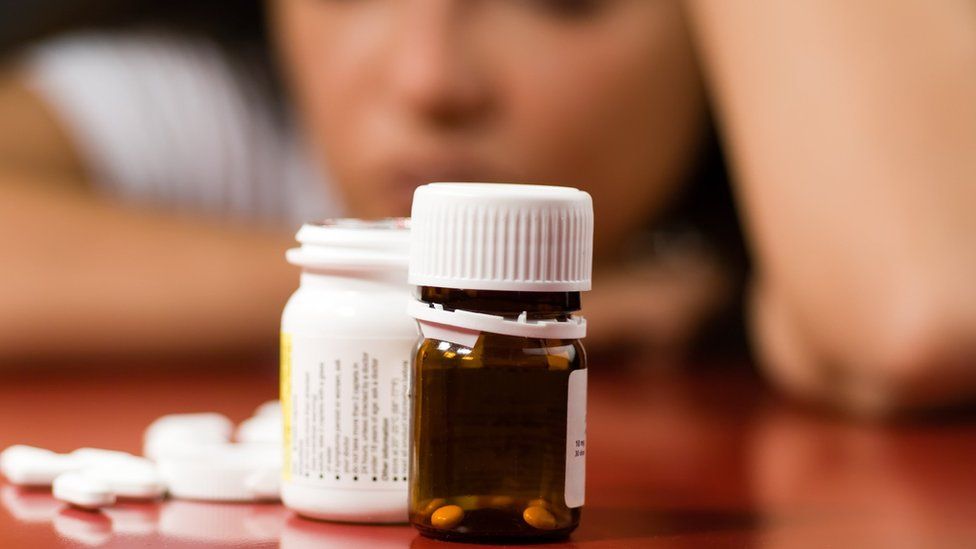 SingleCare doesn’t endorse any particular drug over another.
SingleCare doesn’t endorse any particular drug over another.
What’s the most effective antidepressant?
There’s no single best antidepressant. Because everyone has a unique body chemistry, all antidepressants will work differently across the population of users. But some antidepressants have been shown to work more reliably and effectively for large groups of patients.
A 2018 study in The Lancet asserts that, based on extensive reviews of published studies, the antidepressants Lexapro, Paxil, Zoloft, and Remeron performed better than many other antidepressants, including popular drugs like Prozac, Luvox, and Desyrel.
It should be noted, though, that the study wasn’t able to look at how well these antidepressants work alongside other treatments, like therapy, or the side effects they may cause. (In other words, a drug that technically works to treat your depression may still not be feasible for you if it causes disruptive or serious side effects.)
It’s also important to note that most antidepressants take a long time to show their full effectiveness. “Despite brain changes happening quickly, the mood changes can take a couple of months with most of the broadly prescribed antidepressants,” says Dr. Merrill, adding that it can take anywhere from six to eight weeks, or even 12 weeks for older adults.
“Despite brain changes happening quickly, the mood changes can take a couple of months with most of the broadly prescribed antidepressants,” says Dr. Merrill, adding that it can take anywhere from six to eight weeks, or even 12 weeks for older adults.
While two or three months is a long time to wait to see if your antidepressant is truly helping you, it may not be necessary to wait quite so long if you aren’t feeling any improvement at all. “Many times, if patients are going to benefit [from a specific drug], they’ll start feeling improvement within two weeks; if you’re not, it might be worth considering moving on more rapidly, depending on how severe your depression is,” Dr. Merrill says.
Which is the hardest antidepressant to come off of?
Some antidepressants, particularly SSRIs and SNRIs, can cause a condition called “discontinuation syndrome” when therapeutic use is abruptly stopped; Dr. Merrill says this occurs because of the way the brain and body respond to the loss of serotonin support.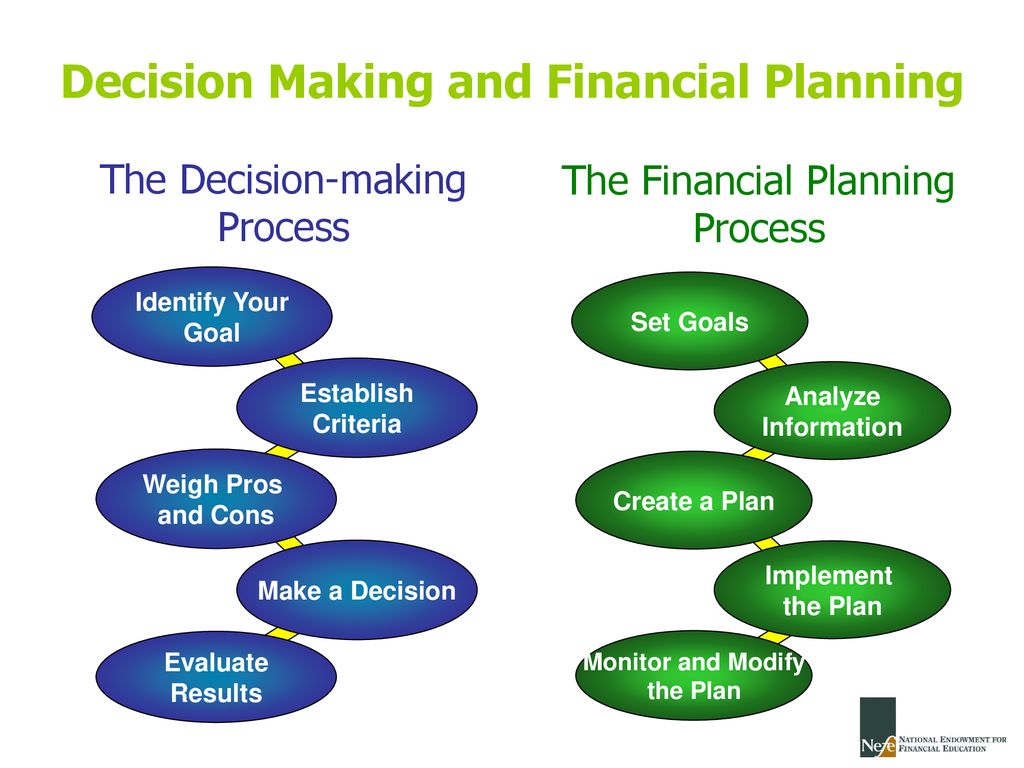
Per Harvard Health, typical symptoms of discontinuation syndrome include:
- Gastrointestinal upset
- Difficulty sleeping
- Flu-like symptoms
- Sweating and flushing
- Dizziness
- Hyperarousal
- Anxiety
- Agitation or irritability
While any SSRI or SNRI can cause discontinuation syndrome, the SNRI Effexor (venlafaxine) can be one of the trickiest to wean off, says psychiatrist and sleep medicine specialist Alex Dimitriu, MD, founder of Menlo Park Psychiatry & Sleep Medicine.
“Venlafaxine is an excellent medication, but missed doses can give people ‘brain zaps’ and quick feelings of vertigo, which I’ve called ‘vestibular jitters,’” Dr. Dimitriu explains. “These go away, fortunately, but it can make it hard to stop venlafaxine in particular.”
Dr. Merrill notes that Paxil is similarly difficult to discontinue, to the point where people will often put up with a lot of side effects simply to avoid having to stop its use. There are ways to make this process easier, though, so you don’t have to either suffer from discontinuation syndrome or stay on a drug in spite of your desire to wean off.
There are ways to make this process easier, though, so you don’t have to either suffer from discontinuation syndrome or stay on a drug in spite of your desire to wean off.
“Prozac has a longer half-life [than some of these other drugs], so it can be used as a bridging drug,” Dr. Merrill says. “We can transition off shorter-acting antidepressants into Prozac until your mood remains stable and we can get you off [the short-acting drug completely].”
Which antidepressants have the mildest side effects?
In general, SSRIs are considered the most well-tolerated antidepressants, per the Mayo Clinic; they typically have fewer side effects than other types and can be safely used at higher doses. Common side effects of SSRIs include sexual dysfunction, weight gain, trouble sleeping, drowsiness, dizziness, and nausea. SNRIs are also considered fairly safe, though Dr. Dimitriu says they can sometimes cause insomnia and elevate your blood pressure.
Atypical antidepressants all come with a common side effect profile, which includes dry mouth, headaches, dizziness, nausea, and fatigue.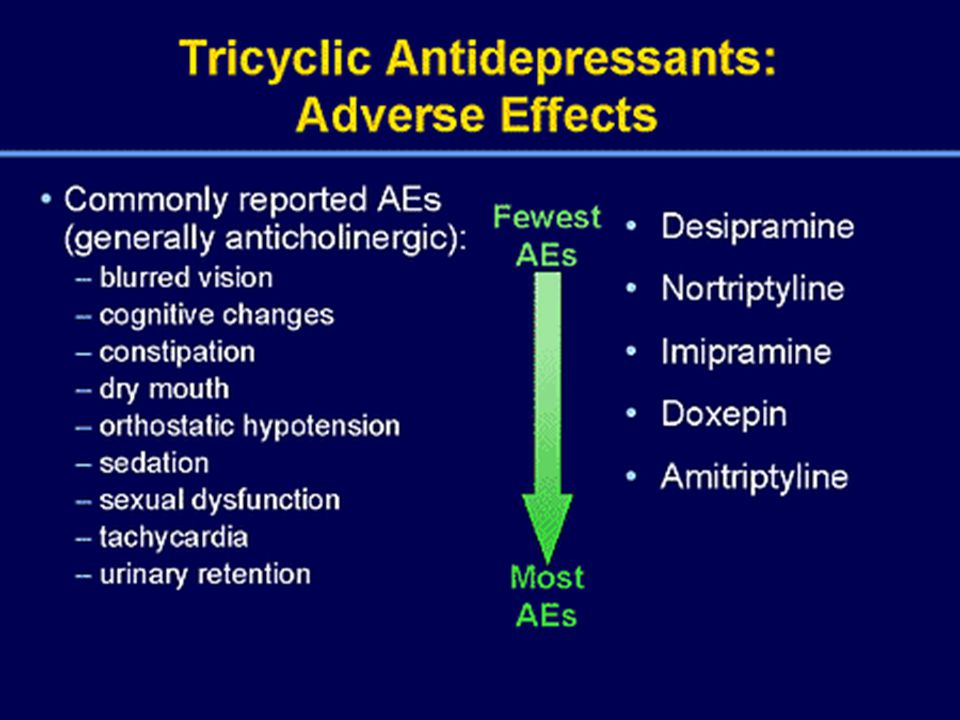 Tricyclic antidepressants are an older class and often carry more side effects: They have what Dr. Merrill calls a strong “cross-reactivity” with other drugs, a high instance of anticholinergic effects like blurred vision, sudden drops in blood pressure, and confusion, and can result more easily in toxicity than other antidepressants.
Tricyclic antidepressants are an older class and often carry more side effects: They have what Dr. Merrill calls a strong “cross-reactivity” with other drugs, a high instance of anticholinergic effects like blurred vision, sudden drops in blood pressure, and confusion, and can result more easily in toxicity than other antidepressants.
MAOIs can be complicated because they inhibit the metabolic response to an enzyme called tyramine, which causes them to potentially interact with a significant number of foods and drugs containing tyramine. As tyramine levels in the body rise, people can experience headaches, heart problems, nausea, and visual disturbances. It can be more challenging to take these drugs safely, but they do work well for some people.
Finally, it’s important to know that starting any new antidepressant can lead to increased suicidal thoughts; while these are considered rare adverse events, they are still possible, especially in children and adolescents taking antidepressants.
It’s difficult for researchers to assess the risk of suicide related to antidepressants since there are so many factors to account for. However, one 2015 study in The BMJ found that MAOIs, atypical antidepressants, and SNRIs were more likely to result in suicide or self harm than SSRIs and tricyclic antidepressants, with the highest risks found with Remeron (mirtazapine), Effexor (venlafaxine), and Desyrel (trazodone).
If you start taking a new antidepressant and notice an increase in thoughts related to suicide or death, reach out to a healthcare professional or trusted friend or family member as soon as possible. You can also contact the National Suicide Prevention Lifeline at 1-800-273-8255 or text GO to 741741 for immediate help.
What’s the newest antidepressant on the market?
SSRIs and SNRIs are newer antidepressants among the five major classes, and
vortioxetine, or Trintellix, is one of the more recent SSRIs to come on the market, says Dr. Dimitriu. Approved by the FDA for treating major depressive disorder in 2013, it works a bit differently than other SSRIs by directly interacting with serotonin receptors.
Dimitriu. Approved by the FDA for treating major depressive disorder in 2013, it works a bit differently than other SSRIs by directly interacting with serotonin receptors.
“It touts lower sexual side effects and possibly improved cognition as its features,” Dr. Dimitriu explains. “These benefits have seen mixed results in clinical practice, [but] for people who have not responded to the older SSRIs, Trintellix may offer hope.”
RELATED: Trintellix side effects
How to find the best antidepressant for you
If you’re ready to start finding the right antidepressant for you, here are four basic steps you should take to ensure the process moves as seamlessly and quickly as possible.
1. Talk to a healthcare professional
It can be your PCP, your gynecologist, your therapist—it doesn’t matter who you talk to, just that you find a healthcare professional you’re comfortable with. If they can’t personally prescribe an antidepressant, most providers will happily refer you to someone who can or work with that healthcare provider to coordinate your care.
2. Identify your target symptoms
As you can see, different symptoms, types of depression, and co-existing factors like age and gender can determine which antidepressant might be the best fit. It’s important to know what areas you, personally, need the most help with or want to see the most improvement in. Dr. Merrill says these are called “target symptoms of depression,” and they include things like energy, appetite, concentration, and sleep.
If you struggle with energy and motivation, for example, Dr. Dimitriu says a combination drug that targets more than just serotonin may be particularly helpful: “Adding the norepinephrine piece to the SSRI helps with energy and motivation, [and] bupropion, which is a dopamine and norepinephrine reuptake inhibitor, is also good.”
RELATED: What to expect from a depression screening
3. Consider pharmacogenomic testing
One of the most fascinating medical advances in recent history is pharmacogenomic testing, which helps you identify how your body will metabolize a drug and how your brain will respond to it, says Dr. Merrill.
Merrill.
Using this testing (which involves a simple blood draw or saliva swab) can make it easier for your healthcare provider to tell which antidepressants you might have a hard time metabolizing. This is important information, because if your body can’t metabolize a drug the way it’s supposed to, it will likely either not work well or cause troublesome side effects. With testing, you might be able to identify more quickly the class of drugs that will benefit you rather than going through months of ineffective drug trials.
“If you’ve failed with one or more antidepressants, it could be reasonable to do a pharmacogenomic test to see which one you’re most likely to tolerate,” advises Dr. Merrill.
4. Discuss all depression treatment options
Unfortunately, the best antidepressant for you won’t completely cure or eliminate your depression—it’s a whole body condition that affects every part of your life, and it’s important to use antidepressants as only part of a comprehensive treatment plan.
“Sleep and exercise are essential to getting better; as a sleep specialist, we have had extraordinary breakthroughs by getting people to sleep better,” says Dr. Dimitriu. “[You have] to meet your medicine halfway…[as the saying goes], you cannot push the gas pedal if there is no gas in the tank.”
It’s also recommended to receive some type of therapy in addition to taking medication, such as psychotherapy. While drugs can alter your neurochemistry, says Dr. Merrill, they can’t change your life circumstances. You will see better results if you can address the origin of your depression and work to heal or resolve the things that contribute to it. A good therapist can assist with that, as can increasing your social support network.
“There are no silver bullets—antidepressants aren’t going to work in isolation even under the best of circumstances,” Dr. Merrill asserts. “They are modulators of the responses to what’s going on in our lives, and it really takes an all-around holistic approach [to feel better].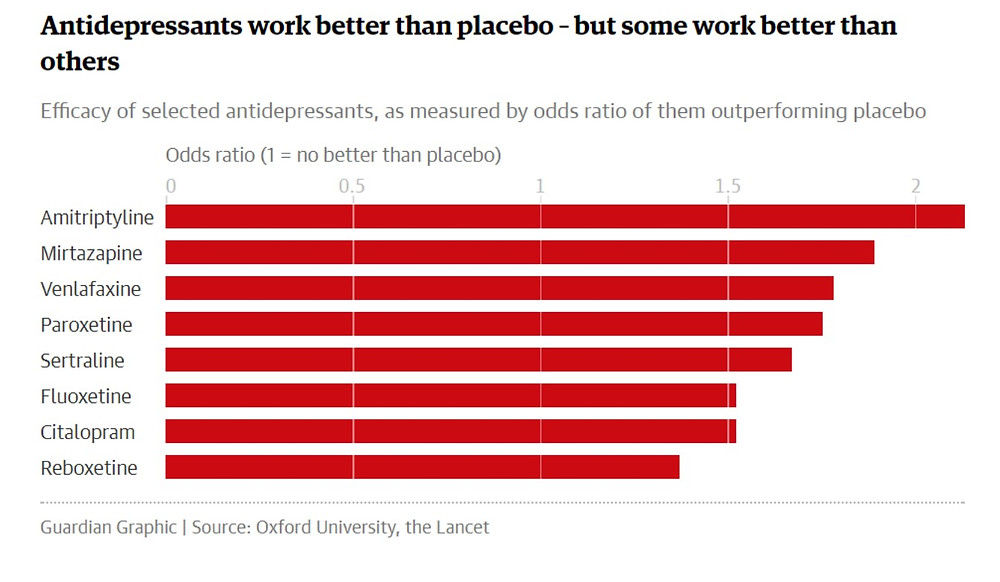 ”
”
RELATED: How to get therapy without insurance
How to take antidepressants safely
Once you find the right antidepressant for you, it’s important to always take it safely. Remember to:
- Take the medication every day—don’t skip doses.
- Avoid drug interactions (ask your doctor or pharmacist what foods, medications, or supplements you should avoid while taking your antidepressant).
- Don’t stop taking the medication suddenly; talk to your healthcare provider about safely discontinuing use.
- Make note or keep a diary of side effects so you can share them with your provider.
- Avoid excessive alcohol use while taking antidepressant drugs.
Above all else, be patient—it may take several months for the medication to be fully effective, so as long as you’re seeing some improvement after a few weeks, try to stay the course for a bit rather than switching medications too frequently.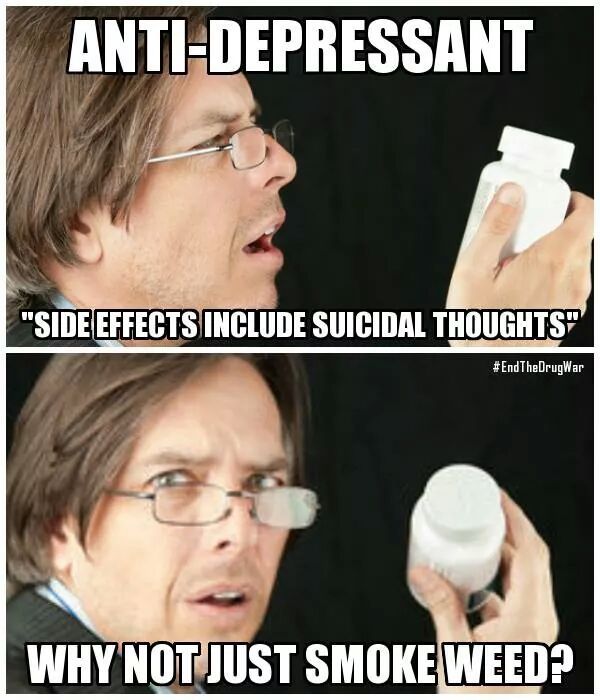 If you still feel your medication isn’t helping, however, please reach out to a healthcare professional for assistance.
If you still feel your medication isn’t helping, however, please reach out to a healthcare professional for assistance.
Tips for Choosing an Antidepressant I Psych Central
The right choice of antidepressant can depend on your symptoms and many other factors.
Antidepressants are one of the most commonly prescribed medications. Each can be used for a variety of symptoms.
Some can help with anxiety, while others may help with insomnia.
Choosing the right antidepressant is a shared decision made between you and a mental health professional. Together, you will evaluate your symptoms, medical history, and other factors to determine which one fits you and your lifestyle.
If you’re thinking about starting a new antidepressant, consider doing research to discover what antidepressants are available and how they may help before deciding which one is best for you.
Antidepressants are generally considered safe and effective for most people.
Before deciding which antidepressant to prescribe, a doctor may try to determine the severity of your symptoms and the condition you may have.
A recent literature review suggests that certain types of antidepressants may be better suited to treating certain types of depression (i.e., major or psychotic). Different antidepressants target or work on different symptoms.
Symptoms and preferred antidepressants
- anxiety: If you have depression and symptoms of anxiety, a selective serotonin reuptake inhibitor (SSRI) may be a good option for you.
- insomnia: If you’re having trouble sleeping, atypical antidepressants — such as mirtazapine or a tricyclic antidepressant — may be best.
- inability to feel pleasure: SSRIs and serotonin noradrenaline reuptake inhibitors (SNRIs) may work if you’ve lost interest in doing things you once enjoyed.
- melancholia or severe depression: An SNRI, tricyclic antidepressant, or an SSRI — such as vortioxetine (Trintellix, Brintellix) — may be better options for severe depression.
- pain: If you’re experiencing chronic pain due to a condition, such as fibromyalgia, an SNRI, such as duloxetine (Cymbalta), or a tricyclic antidepressant may help.

While soothing your symptoms is a goal of treatment, there’s more to consider. For example, if you’re having thoughts of suicide, this may be taken into consideration when deciding which antidepressant may work for you.
The U.S. Food and Drug Administration (FDA) warns that some children and teens may experience increased suicidal thoughts or behaviors while starting an antidepressant or changing doses or types of antidepressants.
When choosing an antidepressant, here are some questions to ask your doctor:
- Which medication will most likely help lower my symptoms?
- How long will it take before I see improvement?
- What are possible side effects, and will they be manageable?
- Will this medication interfere with other medications I’m taking, or worsen another condition I have?
- Is this medication safe to take during pregnancy and breastfeeding?
- This medication did not work for my parent or sibling. Will it work for me?
- Is this medication covered by my insurance? Is there a certain brand or type that is covered? If so, will that medication work the same way?
- How long will I be taking this medication? What’s the process if I want to stop taking it or switch to another one?
Coexisting conditions like anxiety disorders, eating disorders, and substance use disorders may occur together in part because their causes (biological, environmental) may be similar.
People may also develop depression after another medical diagnosis such as arthritis, diabetes, or cancer.
According to the National Alliance on Mental Illness, when anxiety and depression occur together, treatment may take more trial and error because symptoms tend to be more persistent and intense. Antidepressant treatment can still target your symptoms of depression, but additional medication may be necessary.
Some antidepressants can work to lower symptoms of both conditions. Sometimes when you treat one condition, like major depressive disorder, symptoms like restlessness, nervousness, irritability, and generalized anxiety may improve as well.
But the way a medication works for you will not be exactly the same as how it works for someone else. Some other antidepressant types may not be a good mix with your other medications (including natural supplements like St. John’s Wort) or coexisting health conditions.
Before your appointment to discuss medication, consider jotting these items down:
- your symptoms
- current or past conditions
- current or past medications, including supplements like vitamins and minerals
- allergies to medications or foods
Having this list with you when you talk with a doctor can help you both make the right choice in antidepressant.
What is helpful for one person may not be helpful for you. It may take trial and error to determine whether a certain antidepressant will work for you.
It can take several weeks to fully see the effects of an antidepressant. So, it can take time before you start seeing an improvement in your symptoms. It can also take time before side effects subside on their own or become manageable.
Remember that not everyone responds the same way to antidepressants or experiences the same side effects.
A 2018 systematic review found that most antidepressants were more effective than placebos, but some were still more effective than others.
Experts have, however, identified these antidepressants as highly effective:
- agomelatine (Valdoxan)
- citalopram (Celexa)
- escitalopram (Lexapro)
- fluoxetine (Prozac)
- sertraline (Zoloft)
- vortioxetine (Trintellix)
Only you and a doctor can determine the right antidepressant to start with. But it’s likely you’ll discuss starting with one of the antidepressants on the highly effective list.
But it’s likely you’ll discuss starting with one of the antidepressants on the highly effective list.
A 2009 review of 117 high-quality randomized control trial (RCT) clinical studies found around 4 million people with depression over 18 had received new prescriptions for an antidepressant. Of these people, nearly 12% were prescribed sertraline and 14.5% were prescribed escitalopram.
Your first choice of antidepressant may work, but like many others considering antidepressants for the first time, you may need to try a few before finding the right fit. Changes to your dosage or medications may also be necessary in the future.
Starting with one antidepressant doesn’t mean you’ll stay with it. A doctor will be there to support you if you need to safely and slowly switch from one antidepressant to another.
A doctor’s direction and ongoing supervision is necessary to monitor for serotonin syndrome and symptom relapse and to monitor for suicidal thoughts or self-harming behaviors.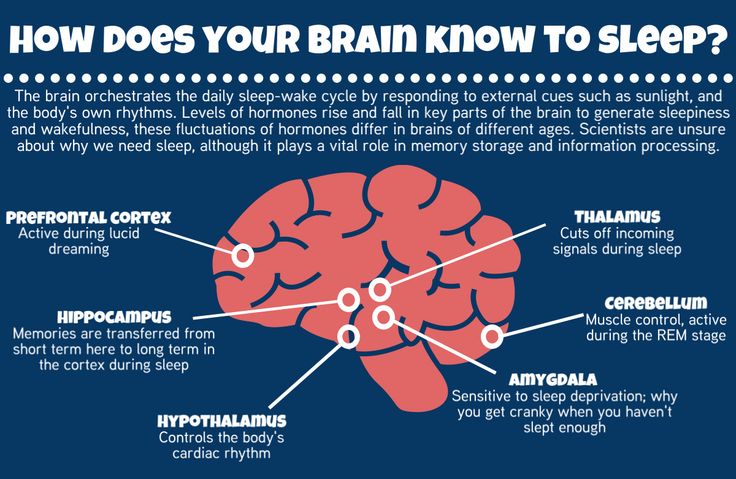
You can also prepare for your appointment by learning which questions to ask about antidepressant withdrawal.
Trying to find the right medication that works for you can be overwhelming. But working closely with a doctor or mental health professional can help you determine the right antidepressant or combination of medications that’s best for you.
If you need help immediately
Remember that you’re not alone. If you need to talk with someone right away, you can:
- Call the National Suicide Prevention Lifeline 24 hours a day at 800-273-8255.
- Text “HOME” to the Crisis Textline at 741741.
- Call the Trevor Project at 866-488-7386 or text “START” to 678678. They offer support and resources to LGBTQIA+ youth.
- Call SAMHSA’s National Helpline at 800-662-4357.
Not in the United States? You can find a helpline in your country with Befrienders Worldwide.
Was this helpful?
Which antidepressants are best for anxiety and depression - Center for Healthy Youth
The best treatment for depression is complex. A specialist (psychotherapist or psychiatrist) creates an individual treatment plan and, based on the examination, selects only those components that correspond to the indications and contraindications. Typically, these are antidepressants combined with some other medication for depression, stress, and anxiety. The patient takes the prescribed drugs for depression until there is a therapeutic effect or a stable remission. Treatment of depression takes a long time. As a rule, therapy lasts from 1.5 to 7 months.
A specialist (psychotherapist or psychiatrist) creates an individual treatment plan and, based on the examination, selects only those components that correspond to the indications and contraindications. Typically, these are antidepressants combined with some other medication for depression, stress, and anxiety. The patient takes the prescribed drugs for depression until there is a therapeutic effect or a stable remission. Treatment of depression takes a long time. As a rule, therapy lasts from 1.5 to 7 months.
Prescribing drugs for calming nerves and against depression
Drugs for depression and anxiety have a pronounced effect, they are potent drugs that have a number of contraindications and side effects if the doctor's prescription and instructions for use are not followed. That is why drugs for depression without prescriptions cannot be bought in our country. It is impossible to both prescribe and stop taking drugs against depression on your own, this can affect mental health, lead to the development of depressive states and even suicidal thoughts.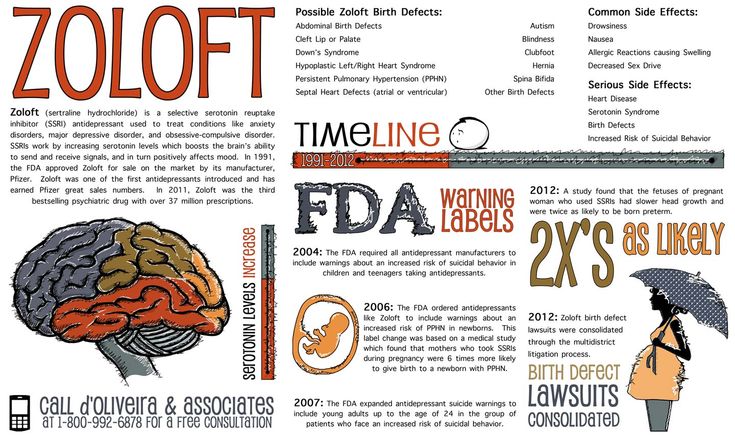
Therefore, it is very important to follow all the doctor's recommendations, take drugs for depression and stress in the dosage prescribed by the doctor. Even if a person's mood improved after a week and the main symptoms disappeared, you should not stop taking the drug.
The drug method is quite effective in anxiety-depressive disorders and neurotic conditions. It is important that the diagnosis of depression be made by a specialist, since taking medications simply to cheer up in the absence of deviations from the psyche can cause only a number of side effects. Antidepressants, neuroleptics and tranquilizers are potent drugs that are prescribed only with a diagnosis confirmed by a doctor. Self-medication is unacceptable. Next, consider the main drugs for stress and depression that are prescribed to patients.
Antidepressants
Should I take antidepressants for severe depression? Many people believe that these drugs are addictive. If earlier drugs that could cause addiction and drug dependence were used in psychotherapy, today new generation drugs are used that affect the human body and psyche more gently and sparingly.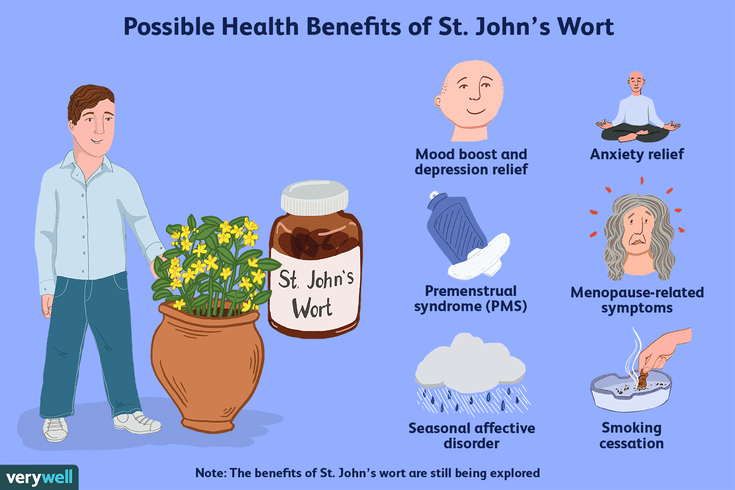
Among the reasons for distrust in the use of antidepressants for depression, one can single out the fact that if the course of treatment is interrupted, a person may feel worse. If abstinence occurs, this indicates an incorrect withdrawal of the prescribed drug. Do not take such a reaction of the body as an addiction to pills.
If the artificial synthesis of brain neurotransmitters is stopped, their quantity in the human body will drop sharply. Patients feel that the depression or anxiety disorder is returning as anxiety increases. Any changes in the condition should be reported to the attending physician. The specialist knows how to smoothly cancel the prescribed medication. In combination with psychotherapy, pharmacotherapy works excellently, giving a long-term result.
There are several classes of drugs for anxiety and depression.
Tricyclic
The first group includes drugs that have a tricyclic structure, they do not belong to sedatives and prevent the instant breakdown of neurotransmitters (serotonin and norepinephrine).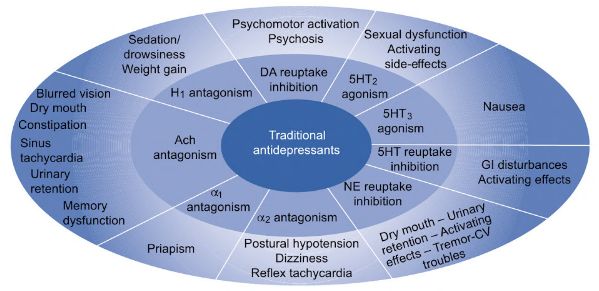 They do not disappear from the nerve endings, their synthesis increases, as does the amount of serotonin. These drugs have a number of contraindications, they are not recommended for people who have kidney and liver diseases, glaucoma, atherosclerosis, and drugs are taken.
They do not disappear from the nerve endings, their synthesis increases, as does the amount of serotonin. These drugs have a number of contraindications, they are not recommended for people who have kidney and liver diseases, glaucoma, atherosclerosis, and drugs are taken.
Monoamine oxidase inhibitors (MAOIs)
MAOIs are monoamine neurotransmitters that regulate our emotions, as well as a number of processes in the brain: attention, cognitive functions, memory, arousal. Due to the inhibition of leasing, there is an increase in the amount of monoamines and their accumulation in the nerve endings. Some groups of these drugs are contraindicated for pregnant women and people who work that requires concentration, as well as hypertensive patients.
Selective serotonin uptake inhibitors (SSRIs)
The third group of drugs for the treatment of depression are serotonin selective uptake inhibitors. Medications are prescribed in order to replenish the "hormones of happiness.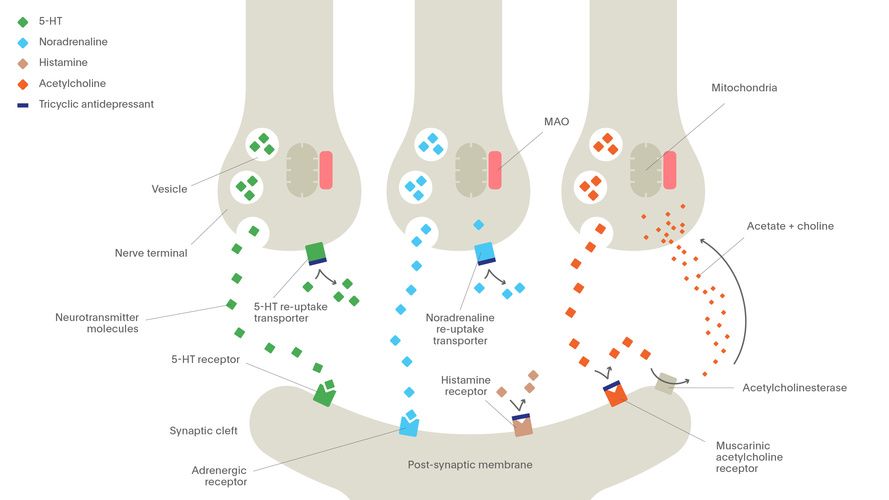 " Do not think that this happens quickly, the process of restoring neurotransmitters is gradual. SSRIs have one important advantage - with the abrupt withdrawal of drugs, there is no withdrawal syndrome. Among the contraindications to their use are diseases of the genitourinary system, as well as alcoholism and drug addiction.
" Do not think that this happens quickly, the process of restoring neurotransmitters is gradual. SSRIs have one important advantage - with the abrupt withdrawal of drugs, there is no withdrawal syndrome. Among the contraindications to their use are diseases of the genitourinary system, as well as alcoholism and drug addiction.
If a person develops alcoholism against the background of a depressive state, he should not take antidepressants, since alcohol increases the side effects of the depression medication. Symptoms of the disorder can increase significantly, and the condition can worsen. Quite often, psychological causes cause the development of alcohol dependence, the risk of depression in alcoholics is many times higher than in healthy people. The first group of drugs against depression is especially dangerous to combine with ethanol, as this leads to a sharp increase in pressure.
Which antidepressant is best for anxiety and depression? The doctor will answer this question for you, the choice of medicines should always take into account the individual characteristics of the patient's body.
Tranquilizers for depression and neurosis
Species:
-
sleeping pills;
-
sedatives;
-
muscle relaxants.
In the first case, there is a significant reduction in anxiety, improved quality and increased sleep duration. Doctors do not recommend taking sleeping pills for a long time or independently extending the period of admission prescribed by a specialist, since drugs in this group can cause drug dependence. Because of this feature, sleeping pills are popular with drug addicts.
Sedative drugs have a positive effect on the central nervous system, they can be both herbal and synthetic and have a rather mild effect on the central nervous system. They help to restore the balance between the systems of excitation and inhibition, give a person the opportunity to more calmly respond to stressful situations and eliminate sleep problems.
Muscle relaxants - drugs that reduce the tone of the muscles of the skeleton and reduce motor activity. They block H-cholinergic receptors and stop the supply of impulses to the muscles, due to which they stop contracting.
They block H-cholinergic receptors and stop the supply of impulses to the muscles, due to which they stop contracting.
Tranquilizers are used for depression and panic attacks, sleep problems, and for:
- behavioral and mental disorders;
- neuroses;
- psychoses;
- personality disorders;
- causeless fears;
- schizophrenia;
- when stopping withdrawal symptoms in alcohol and drug addiction;
- eczema;
- anorexia;
- bulimia;
- arrhythmias;
- hypertension.
In some cases, these psychotropic drugs are given to children. Do not use drugs of this group for people with alcohol or drug intoxication. Doctors do not advise drugs for the treatment of neurosis and depression and during work associated with increased concentration of attention, including drivers.
As with the treatment of depression with antidepressants, in order to reduce the risk of withdrawal symptoms upon discontinuation of the drug, it is necessary to reduce the dosage gradually. Your doctor should tell you about this. In addition, a long course of its use is fraught with the development of drug dependence, so the course is divided into short periods. Pregnant and lactating women should not use tranquilizers.
Your doctor should tell you about this. In addition, a long course of its use is fraught with the development of drug dependence, so the course is divided into short periods. Pregnant and lactating women should not use tranquilizers.
Preparations help to cope with stress, to endure traumatic situations more easily, eliminate fears, phobias, panic attacks without inhibiting cognitive functions. Quite often, tranquilizers help eliminate sleep problems, frequent awakenings, insomnia at night, and daytime sleepiness. In the treatment of psychosis, these medications are used as part of a complex therapy that helps eliminate the side effect of antipsychotics. But the drugs themselves have various side effects, including muscle weakness, lethargy, decreased concentration of reactions, libido, memory impairment, a drop in blood pressure, and nausea.
Tranquilizers are quite dangerous drugs, some of them are classified as pharmacy drugs, since if the duration of treatment and dosage are violated, psychophysical dependence can occur. Their use is also known for recreational purposes. If you notice that your loved one has been taking the same medication for a long time, you should seek help from the Center for Healthy Youth. After all, it is possible that he became addicted and now needs drug addiction treatment. We work throughout Russia. The appeal is free and anonymous.
Their use is also known for recreational purposes. If you notice that your loved one has been taking the same medication for a long time, you should seek help from the Center for Healthy Youth. After all, it is possible that he became addicted and now needs drug addiction treatment. We work throughout Russia. The appeal is free and anonymous.
Antipsychotics for depression and anxiety
Today, drugs such as neuroleptics are actively used in the treatment of depression and neurosis. They eliminate panic fears, anxiety, normalize sleep patterns.
Doctors classify them according to their chemical structure.
- Dibenzazepines are needed to combat psychotic manifestations, they are excellent in combination with other drugs, but they have a minimal sedative effect, have quite few adverse reactions.
- Aliphatic phenothiazines have a greater sedative and sedative effect and eliminate sleep problems.
- Phenothiazine derivatives are used in the presence of pain, vascular problems.

- Butyrophenones are drugs that are used in medicine to combat delusional disorders and hallucinations; they have practically no sedative effect.
There are 2 types of antipsychotics: typical and atypical (as well as those with prolonged and non-prolonged action). In the first case, these are drugs that are already a thing of the past, they really did a good job with their main task - the relief of psychotic symptoms, but they had a rather large number of undesirable side effects.
In the second case, the use of atypical antipsychotics is more modern. These are drugs of the latest generation, antipsychotics, which have practically no side effects. If drugs have a prolonged effect, this means that they have a long-term effect on the body, for example, within a month.
Nootropics for depression and asthenia
Nootropic drugs, also known as cerebroprotectors or neurometabolic stimulants, are an effective tool for a specific effect on the higher functions of the psyche. It increases the resistance of the central nervous system to the effects of negative factors of traumatic episodes. Nootropics have a positive effect on the intellectual and cognitive abilities of a person, help him improve memory, focus on the important, increase learning and stress resistance.
These psychotropic drugs are divided into the following groups:
- true;
- neuroprotectors;
- primary action;
- secondary action;
- neuroregulatory.
They have various effects: anticonvulsant, muscle relaxant, mnestic, antihypoxic, help with ischemia and intoxication, improve metabolism and metabolic processes in the central nervous system, neurotransmitter metabolism.
Among the contraindications are pregnancy and lactation, stomach ulcers, kidney and liver diseases, allergic reactions to the components of the drug. Before their appointment, the doctor examines the patient, during the course of therapy he will take a urine test to obtain accurate data on the results of treatment.
Effective drugs for depression
Phenazepam
This is perhaps the most common drug in narcology and psychiatry. However, it is popular not only because it is highly effective in the treatment of anxiety disorders, but also because it is a dangerous pharmacy drug that causes addiction.
That is why the doctor controls the duration of the course of treatment and the dosage. It will not be possible to buy Phenazepam in a pharmacy without a doctor's prescription. This is a benzodiazepine that acts on the central nervous system and is a potent drug. Today, the tranquilizer is used less and less, as it has a rather large list of side effects, including drug dependence. It has a sedative and hypnotic effect.
Afobazole
Innovative modern drug used for depression and neurosis. It eliminates anxiety, anxiety, relieves tension and stress, does not cause drowsiness, and has a minimum of side effects. The drug is a neuroprotector, protects nerve cells, stabilizes GABA receptors.
Mexidol
The purpose of antioxidants is to protect the body from dangerous substances that damage cells and adversely affect human health. The drug is prescribed to patients after TBI, in the presence of deviations from the cerebral circulation, stress. Mexidol is used in the treatment of encephalopathy, coronary artery disease and VVD.
Magnesium
Our body cannot function properly without magnesium. This substance is involved not only in metabolic processes, but also affects the work of the central nervous system. That is why it is necessary for depressive disorders to make up for the existing magnesium deficiency.
Quetiapine
The drug acts on serotonin receptors to a greater extent than on dopamine receptors. Therefore, depression is prescribed quite rarely, or in minimal doses. Most often used for more severe diseases, dementia, Alzheimer's or Parkinson's disease. Contraindications are oncology, hypotension, heart attack, diseases of the cardiovascular system, liver.
Amitriptyline
The drug increases the concentration of norepinephrine and serotonin and inhibits their reuptake. It is used in the presence of psycho-emotional disorders, psychosis, anxiety, insomnia, depression. It is not recommended to take in the presence of hard drinking and alcoholism, diseases of the gastrointestinal tract, pregnancy.
Atarax
Inhibits the work of the central nervous system, is prescribed for mental disorders, psychomotor agitation, nervousness, anxiety, irritability. It is not used during pregnancy and individual intolerance to the components of the drug.
Over-the-counter depression treatment
Do not think that you can buy drugs for stress and depression without prescriptions. Also, do not be mistaken about self-treatment. Depression is not just a bad mood or spleen, but a real deviation in the psyche, which is treated not only with medication, but also with long-term work with psychologists, psychotherapists or psychiatrists. If you regularly have suicidal thoughts, lack of appetite, disturbed sleep patterns, you should contact a specialist.
However, you can improve your mood and avoid illness if you use as a preventive measure:
- sport;
- travel;
- breathing exercises;
- creative pursuits;
- bathing in hot baths;
- consumption of green tea;
- aromatherapy;
- meditation.
Physical education and exercise help synthesize new neural connections that have a beneficial effect on the functioning of the nervous system and human mood. Just 30 minutes of exercise a day and a bad mood does not threaten you. No less useful for the activity of brain cells is dancing. Art therapy helps to get rid of negative emotions, relieves stress, breathing exercises contribute to a better supply of oxygen to the brain. Green tea or tomato juice will help to cope with stress. Inhaling essential oils also regulates mood. A hot bath will help you relax and normalize your emotional state before going to bed.
What you need to know about antidepressants
Ekaterina Kushnir
treats anxiety disorder
I have generalized anxiety disorder.
For a long time I coped without pills and other help, but one day I got tired of constant anxiety and began to interfere with my normal life. As a result, I turned to a private psychiatrist.
The doctor prescribed an antidepressant from the SSRI group - these are selective serotonin reuptake inhibitors. Such drugs are the first thing prescribed in the treatment of depression and a number of other conditions, including my illness.
The doctor immediately warned me about some peculiarities associated with taking the drug. Some of them I then felt on myself. I think everyone who plans to be treated with antidepressants should know about them.
At the same time, it should be taken into account that most of the negative effects of therapy are temporary and not dangerous, and if they do not go away, one medicine can be replaced with another. Antidepressants help many people with mental disorders and other illnesses get rid of their symptoms and return to a full life, so you definitely should not be afraid of them. The main thing is to take such drugs when they are really needed: as prescribed by a competent doctor and under his control.
See a doctor
Our articles are written with love for evidence-based medicine. We refer to authoritative sources and go to doctors with a good reputation for comments. But remember: the responsibility for your health lies with you and your doctor. We don't write prescriptions, we make recommendations. Relying on our point of view or not is up to you.
Fact No. 1
Antidepressants may make symptoms worse at first Antidepressants can increase anxiety in anxiety disorders, as well as cause irritability and agitation - the so-called causeless motor agitation, the inability to sit still. It's not dangerous, but rather unpleasant. This condition is sometimes referred to as initial anxiety, that is, the anxiety of starting therapy. Up to 65% of people face it.
Antidepressant-induced anxiety syndrome - a systematic review in the British Journal of Psychiatry
There is also evidence that some classes of antidepressants, including SSRIs, may increase suicidal ideation in depression in young people aged 18 to 24 years. These data are not very reliable, and in older people, the risk of suicide no longer increases and even decreases.
Without treatment, depression is more likely to lead to suicidal thoughts, and in case of anxiety, you just need to prepare for such an effect, then it will be easier to survive the attacks.
The doctor told me that in the first two or three weeks there may be an increase in anxiety, but I did not take it too seriously.
Everything was fine for the first week. After about seven days, I became nervous and irritable. And then I woke up at night and after a while I felt an incomprehensible fear. My heartbeat increased, my head was spinning, my throat was constricted. Because of this, I felt a real panic - I spent the rest of the night fighting terrible thoughts, in the morning I got up completely broken.
/list/antidepressant-myths/
8 myths about antidepressants
I have never had such panic attacks before medication - my anxiety was background, general. I got scared and wrote to the doctor, who reassured me and said that it was not dangerous and would pass soon.
After that, I already expected these panic attacks, immediately tried to relax, calm down, remember that this was just a temporary effect of the drugs. And they ended faster, and then they completely disappeared.
My letter to a psychiatrist. I was scared: I expected an increase in background anxiety, but not panic attacks. I even thought about giving up the medicineFact No. 2
The effect of antidepressant treatment will not be immediate Increase the dose of antidepressants gradually to reduce side effects. They usually start with the minimum, and then bring it up to the working one. For example, for SSRIs with the active ingredient "sertraline", the working dose is from 100 mg per day. I started taking such a drug with 25 mg, and then gradually, in several steps, under the supervision of a doctor, raised the dose to 100 mg.
SSRI dosage - NHS
What doses of antidepressants will be optimal - an article in The Lancet
The process of reaching a working dose can take from two weeks to a month or more. It depends on the drug and its tolerance. I turned out to be sensitive to the medicine, it was hard for me to survive every increase in dosage: anxiety increased again, there were other side effects that then stopped. However, this is not the case for everyone, sometimes the process goes faster.
The full therapeutic effect, that is, the disappearance or a strong improvement in the symptoms of the disease, occurs some time after reaching the working dosage. As a rule, this is a week or two, although some positive changes may be earlier. For some people, this process stretches for a longer period: 6-12 weeks. Minimum initial doses of drugs usually do not work.
It is better to prepare for the fact that the symptoms of the disease will not disappear in the first weeks of treatment. And remember - this does not always mean that the drug needs to be changed, sometimes you just need to wait or further increase the dosage under the supervision of a doctor.
Fact No. 3
Antidepressants are usually taken in combination with other drugsAnother way to mitigate the side effects of antidepressants is to prescribe an additional drug along with them: for example, from the group of tranquilizers. Such drugs may have their own side effects, they should not be taken for a long time. Unlike antidepressants, some of them can be addictive. They are usually appointed for a month, but this period may be shorter or longer.
Antidepressants together with benzodiazepines work better for depression - BMJ magazine
My doctor prescribed a rather mild drug for me. However, he did not suit me. At first, it caused increased drowsiness: during the period of increased anxiety, it went away for a while, but then returned - even with half a pill I turned off and could sleep all day. And if I drank at night, I woke up with difficulty in the morning. The psychiatrist prescribed another medicine, but I could not buy it: the drug was not available in any pharmacy nearby.
As a result, I simply endured all the side effects of therapy - they were unpleasant, but tolerable. When discussing with the doctor, she called this option acceptable if the side effects of the second medicine only worsen the situation.
My prescriptions for drugs. I never used one, because there was no such medicine in pharmaciesFact No. 4
Side effects are not always, but they are Modern antidepressants, including SSRIs, are mild and have almost no side effects. Older drugs - tricyclic antidepressants and monoamine oxidase inhibitors - cause more side effects. Doctors usually use them when milder first-line drugs don't work or when they can't be prescribed.
Side effects of antidepressants - the National Health Service of the UK
Side effects of various antidepressants - Uptodate
Side effects of antidepressants and their impact on the treatment of a large depressive disorder - the journal NATURE
Removing the reverse capture of the sequarotine 9000 - Uptodate 9000 effects of antidepressants - advice from the Mayo Clinic staff
Choosing an SSRI drug does not guarantee the absence of side effects - many people tolerate treatment easily, but sometimes a change in drug may be necessary.
The first couple of weeks of taking there is a risk that the state of health will be so-so - it's worth thinking about. It may be worth scheduling the start of therapy on vacation.
I work remotely, and it was easier for me: the first pill was taken on Saturday, I slept through the weekend. Then she continued to work, but refused any additional loads: housework, part-time jobs, training and everything else.
It was hard work: I wanted to sleep, then I began to worry and get distracted. I also had diarrhea, nausea, headaches, tremors, i.e. hand trembling, hot flashes, sweating, palpitations. At night, panic attacks began, in the morning I had difficulty getting up because I was in pain and dizzy.
There are mixed data on how common the side effects of antidepressants are. If we summarize them, then the numbers look something like this:
- nausea - about 25% feel it;
- diarrhea - it happens in 15% of people, and 5%, on the contrary, will have constipation;
- sweating and a feeling of heat occur in about 20% of people;
- sexual dysfunction, decreased libido may occur in 80% of cases;
- insomnia - in 11% of cases;
- headache and dizziness - in about 10-11% of cases;
- weight gain - not all drugs give this effect.
Some, on the contrary, can reduce weight. On my medicine, I lost 2 kilograms in the first month, despite the fact that I quit training due to poor health. True, then they returned back.
It can be seen that most side effects occur in less than half of the cases. In addition, in most cases they pass in the first weeks and are not dangerous.
Side effects not listed above are very rare. I was "lucky", and I faced one such - a decrease in visual acuity. Once in the morning I noticed that I see worse without glasses. A little later, I realized that something was wrong with the glasses.
I wrote to the doctor, she replied that this happens, as a rule, is not dangerous and passes, but it is better to visit an ophthalmologist. I went to the ophthalmologist, everything was fine with my eyes, there was nothing terrible, but my vision really worsened - it was not a subjective feeling. On the right eye, it was -0.5 diopters, it became -0.75, and on the left eye it was -1. 5, and it became -3.5.
I was offered to try changing the drug, but I decided to wait. Vision was then restored. I have not yet gone to the doctor to have it measured, but according to subjective feelings, it is at the same level as before: I am comfortable again in my glasses.
Side effects should not be tolerated - if something greatly worries, scares or interferes with life, it is better to tell the doctor right away. The psychiatrist will be able to determine whether the side effect of the drug is dangerous and whether it is worth continuing to take it. There are several antidepressants of the SSRI group, in addition, there are groups of drugs with a slightly different mechanism of action. As a rule, doctors manage to find a medicine that gives a good effect without side effects.
If there is no danger, the doctor can adjust the dose or increase it more gradually - this often helps to cope with unpleasant effects.
I wrote to the doctor again when my visual acuity decreased Fact No. 5
Antidepressants are not drugs that you can stop drinking as soon as you get better. They are taken for a long time: usually from several months, less often several years.
Anxiety Therapy - UpToDate
For example, for generalized anxiety disorder, the duration of treatment is at least a year. Moreover, the date is not counted from the very beginning, but from the moment when a lasting effect appeared from the pills. In fact, they will have to be drunk for about 1.5 years - it depends on how long it takes to reach the working dosage of the medicine.
The cost of a package of the most famous antidepressant "Zoloft" is about 700 R, enough for about a month. That is, a course of therapy will cost about 10,000 R - maybe more or less, depending on which drug is selected.
Psychotherapy review - UpToDate
Another drug of the same group already costs more than 2000 R per pack. Source: rigla.ru The cost of an appointment with a good psychiatrist in Moscow is 3000-5000 R. At first, you will need to visit him about once every 1-1.5 months, then less often.
You can apply to the psycho-neurological dispensary at the place of residence under compulsory medical insurance - it's free. At the same time, they will not put you on psychiatric registration: it was canceled in 1993. People with disorders that do not threaten their lives or those around them are on consultative and diagnostic care. If you stop going to the doctor, he will not find out what happened: a person seeks help at will.
Psychotherapy, usually cognitive-behavioral, is also commonly prescribed to enhance and sustain the effects of antidepressants. In many cases, it improves the effectiveness of drugs, including depression and generalized anxiety disorder. An appointment with a psychotherapist in Moscow costs an average of 5000 R. For treatment, you will need about 10 sessions or more.
/psychotherapy/
How psychotherapy works
Fact No. 6
Antidepressants do not develop dependence. However, if you abruptly stop drinking them, there will be a withdrawal syndrome. This is felt as electric current discharges while moving or turning the head, headaches, dizziness, insomnia. Many people experience symptoms similar to the flu or an intestinal virus: low fever, diarrhea, general malaise, chills. Often there is anxiety, there are intrusive images.
Withdrawal symptoms after taking serotonin reuptake inhibitors - Journal of Clinical Psychiatry
How difficult it is to stop taking antidepressants - American Psychological Association
Stopping antidepressants in adults - UpToDate
treatment, they should be canceled only under the supervision of a doctor.
Antidepressant withdrawal occurs as gradually as the start of treatment. The dosage is slowly reduced, usually at this time again a cover-up drug is prescribed to alleviate side effects. As a rule, this is the same medicine that was at the beginning of the intake.
Withdrawal is usually harmless and resolves within the first weeks of stopping the drug. Sometimes even within a few days - it still depends on which medicine was prescribed. If severely disturbing symptoms appear during the withdrawal period, you should consult a doctor.
Fact No. 7
If you need to change the drug, everything will start overIt is far from always possible to immediately find the right antidepressant - sometimes the side effects do not go away and you need to take a new one.
Changing antidepressants in adults - UpToDate
Serotonin syndrome - MSD
Most often, it is started again with a small dosage, this delays the process of obtaining the effect of treatment. The new drug may also have side effects - the same or different. We will have to wait again until they pass.
You won't be able to change the drug on your own, since all antidepressants are sold only by prescription - and that's good. Switching from one drug to another can be dangerous if you do not know the characteristics of different groups of drugs.
For example, taking SSRIs is possible only some time after the withdrawal of antidepressants from the group of monoamine oxidase inhibitors - due to the risk of developing serotonin syndrome. This is a potentially fatal condition, accompanied by a change in mental state, high fever, increased muscle tone and other symptoms.
If the drug is changed correctly, there will be no dangerous negative effects, so consultation with a doctor is required.
/psychotherapy-search/
How to choose a psychotherapist
Fact No. 8
Among antidepressants there are original drugs and generics Preparations may be original or generic. Originals are medicines first released by some pharmaceutical company that have passed all clinical trials and checks. Generics are drugs with the same active ingredient from another pharmaceutical company, that is, copied from the original drug.
Theoretically, the action of generics should not differ from the action of original drugs. However, this is possible, since generics may contain other additional substances or the manufacturer may use other raw materials.
Due to my anxiety, I did not read anything in detail about specific drugs before I bought my first antidepressant in a pharmacy so as not to be scared and not think about taking it. I also didn’t think to ask the doctor about this question.
/list/covid-depression/
Psychoneurological complications after covid: memory problems and depression
As a result, I first bought a generic because it was in stock. Then it turned out that, after all, according to the experience of my psychiatrist, the original drug often gives fewer side effects and is better tolerated. As a result, I changed the generic to the original drug - and, indeed, the side effects softened.
In my subjective opinion, which is supported by some data, in the case of antidepressants and other psychotropic drugs, you should always choose the original medicine. Moreover, the cost of originals and generics is not always very different.
Originals and generics of some SSRIs
| Active ingredient | Original | Original cost | Generics | Cost of generics |
|---|---|---|---|---|
| Sertraline | Zoloft | About 700 R, 100 mg tablets | Serenata, Sirlift | 500-600 R 100 mg tablets |
| Escitalopram | Cipralex | 3000 R, tablets 10 mg | "Selektra", "Elycea" | 500-1300 R 10 mg tablets |
| Fluoxetine | Prozac | About 350 R, 20 mg tablets | Profluzak, Fluoxetine | 100-200 R, tablets 20 mg |
CERTRALIN
Original
Zoloft
Original cost
about 700 r, tablets 100 mg
generies
“Serenata”, “Serlift”
Cost of
9000 500-600 r. , tablets 100 mgEscitalopram
Original
Cipralex
Original price
3000 r, tablets 10 mg
Generiki
Selectra, Elicea
The cost of generics
500-1300 r, tablets 10 mg
Fluxetin
Proset
Cost cost
original
About 350 R, tablets 20 mg
Generics
Profluzak, Fluoxetine
Cost of generics
100—200 R, tablets 20 mg
one remained unclaimed Fact No. 9
Drinking alcohol while taking antidepressants may exacerbate unpleasant side effects. Also, alcohol is a depressant, that is, it has the opposite effect, and its intake can adversely affect the results of treatment.
Why you shouldn't mix antidepressants and alcohol - Mayo Clinic
Alcohol is strictly forbidden to drink with some groups of antidepressants, for example, tricyclic antidepressants and monoamine oxidase inhibitors: combination with the latter, for example, can lead to an uncontrolled increase in pressure. MAO inhibitors in general require a special diet - it is unlikely that a doctor will prescribe such drugs as the first antidepressants, but if necessary, he will issue a list of what is allowed and prohibited.
With other antidepressants, moderate use may not be dangerous and may even pass without consequences, but doctors still recommend abstaining so as not to increase side effects and improve treatment outcome.
The main thing is not to temporarily stop taking the drug in order to drink. This can lead to the development of a withdrawal syndrome.
/trevoga/
How I Treated Generalized Anxiety Disorder under CHI
Fact No. 10
Antidepressants are incompatible with certain drugs and have contraindicationsIt is important to tell your doctor what medications you are taking and what chronic illnesses you have. For example, SSRIs may not be suitable for epilepsy and bleeding disorders, and tricyclic antidepressants are usually not prescribed for those who have recently had a heart attack, suffer from glaucoma, or porphyria.
Antidepressant Warnings - NHS
Drug Compatibility Test - Drugs.com
It is also important to be careful if you are about to take any over-the-counter medicine. For example, ibuprofen, which people often take on their own to relieve pain and reduce fever. It should not be taken with SSRIs as it increases the risk of gastrointestinal side effects.
